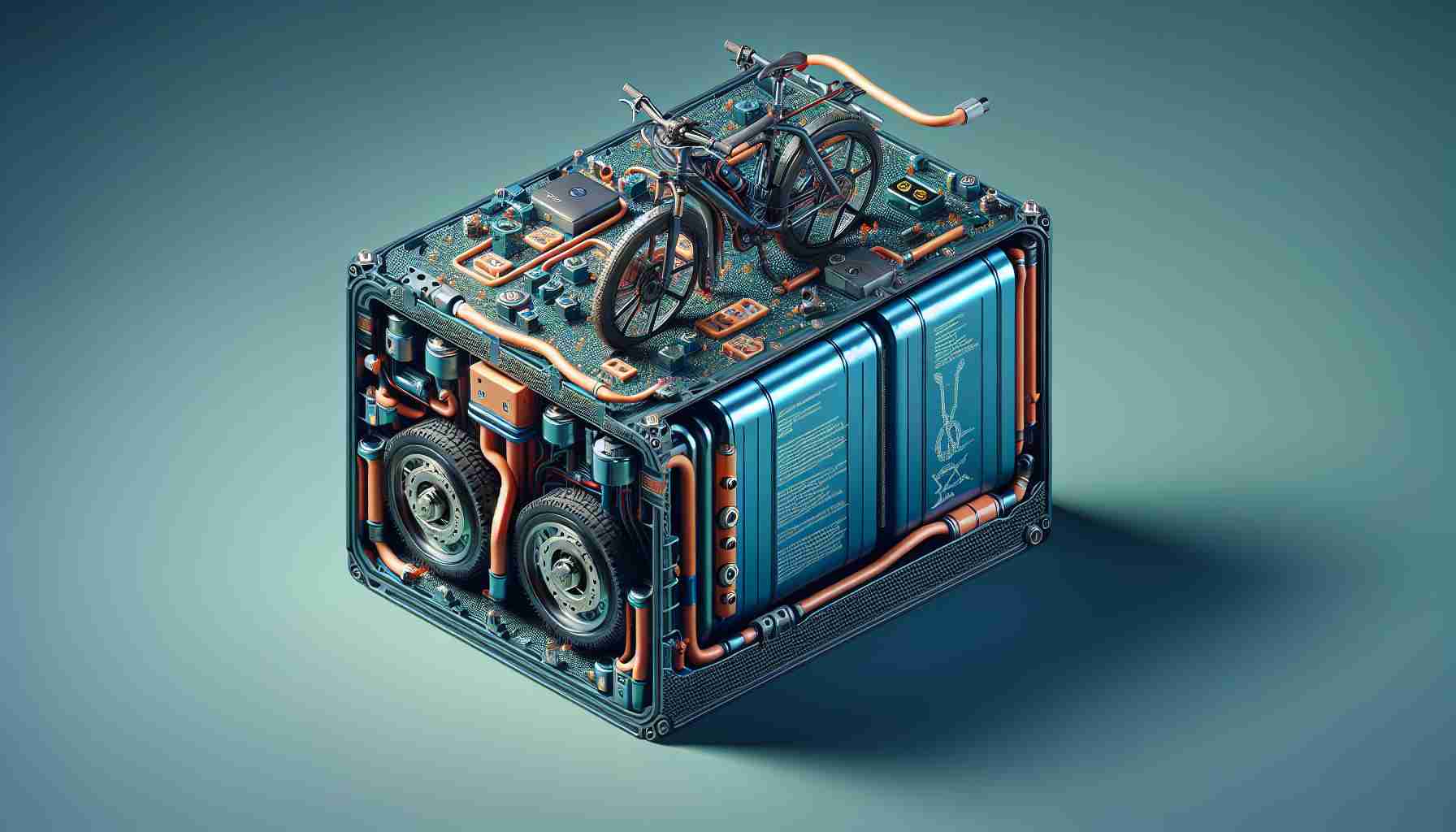Understanding the heart of every eBike—the battery—unveils a fascinating world of technology and innovation. Giant Bicycles emphasizes the importance of demystifying the complex engineering behind their ebike batteries, which are crafted from intricate cells to enhance your cycling experience.
What Makes a Battery Tick?
During a visit to Giant Bicycles’ launch camp in Utah, insights into their battery tech were shared, revealing the meticulous craftsmanship involved. Every Giant eBike battery is an assembly of individual cells, distinct from the AA “batteries” in household items, which are actually cells on their own. These eBike batteries are built from multiple cells to provide the power needed for efficient cycling.
The Role of Lithium-Ion Technology
Common in electronics, Lithium-Ion cells differ within their category. Giant Bicycles selects a specific variant—Lithium Cobalt Manganese—for their eBikes. This type stands out for its high energy density and stability, optimizing both power and reliability across diverse terrains and riding styles. The mix of advanced cell chemistry and battery management systems ensures a seamless and enjoyable ride, setting Giant apart in the eBike market.
Exploring Battery Cell Dimensions
Giant Bicycles utilizes cells from Panasonic, slightly larger than those used by Tesla, enhancing both storage and performance. Known as 22700 cells, their size allows for higher current discharge and quicker recharging times, making them long-lasting and efficient.
Ultimately, understanding the intricacies of eBike battery technology deepens appreciation for the advancements driving this sustainable transportation mode.
Are eBike Batteries Causing More Harm Than Good? The Untold Story
Hidden Impacts of eBike Battery Production
While the world rides the wave of excitement around eBike technology and its sustainable promises, there’s more beneath the surface concerning the production and disposal of eBike batteries. With an emphasis on Lithium Cobalt Manganese technology, Giant Bicycles sets a benchmark in battery efficiency, but it opens up critical discussions about the environmental and ethical consequences associated with these components.
Environmental and Ethical Concerns
The extraction of lithium and cobalt, key materials in these batteries, raises significant environmental and social issues. Mining operations can lead to deforestation, water pollution, and habitat destruction, impacting local communities and wildlife. Furthermore, cobalt mining often involves ethical concerns around child labor and poor working conditions, particularly in regions like the Democratic Republic of the Congo.
Recycling Challenges and Opportunities
The use of Lithium-Ion batteries introduces the need for advanced recycling processes. eBike lithium batteries require specific methods for safe disposal and recycling, which are not readily available in many regions. However, innovative recycling technologies offer hope, promising to reclaim valuable materials while minimizing ecological footprints. Companies and governments alike are looking into sustainable practices to encourage recycling programs.
Balancing Advancements and Challenges
While eBikes have sparked a green transportation revolution, they come with a double-edged sword. On one hand, they offer an efficient, carbon-saving mode of travel. On the other, they risk propagating new environmental challenges through their battery lifecycles. Balancing these aspects requires concerted efforts in clean tech development and regulatory frameworks.
What Can eBike Riders Do?
Cyclists can make informed decisions by supporting brands that prioritize ethical sourcing and sustainability. Advocacy and consumer pressure can drive change, convincing companies to adopt greener practices and improve transparency across supply chains.
Questions and Solutions for a Greener Future
– How can eBike manufacturers reduce their ecological and ethical impact? Industries can invest in sustainable mining practices, develop eco-friendly battery technologies, and support comprehensive recycling initiatives.
– What role can governments play in this process? By enforcing stricter regulations and providing incentives for sustainable operations, governments can significantly influence positive changes in battery manufacturing and recycling protocols.
For a deeper understanding of the challenges and innovations surrounding eBike batteries, explore more on The Guardian, Reuters, and BBC.
As we navigate the electrifying world of eBikes, staying informed and proactive in advocating for responsible practices will ensure a sustainable and ethical future for this promising mode of transportation.



















